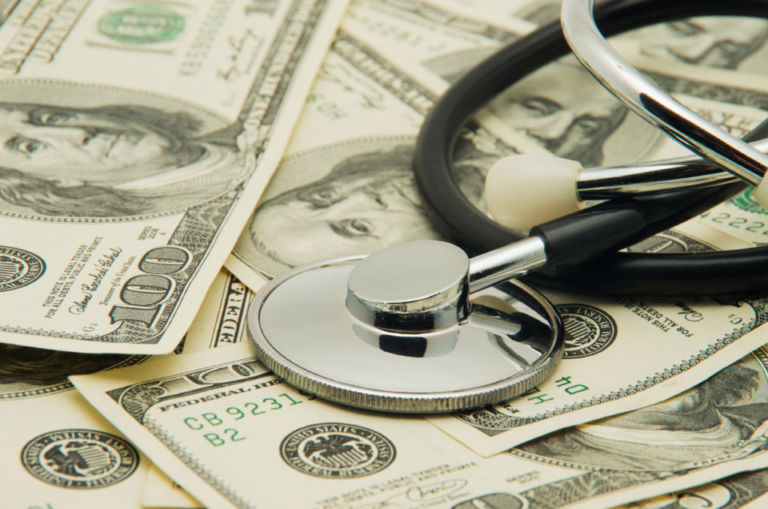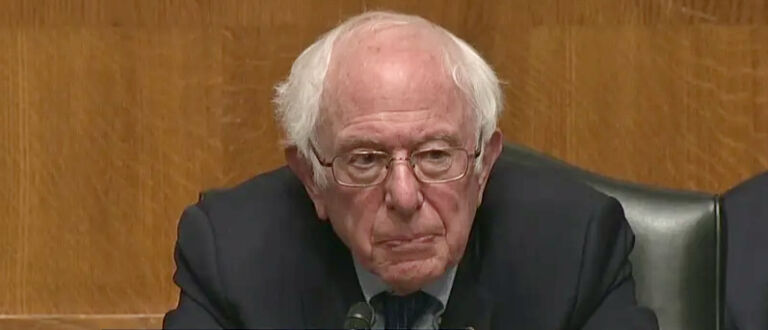A new Kaiser Family Foundation poll for June 2019 was recently released, and there are some interesting results. Most of the polling only focuses on Democrats and Democratic-leaning voters; however, there are some results which look across the partisan spectrum.
Survey respondents were asked, “Do you think taxes for most people would increase under a national health plan, sometimes called Medicare-for-all?”
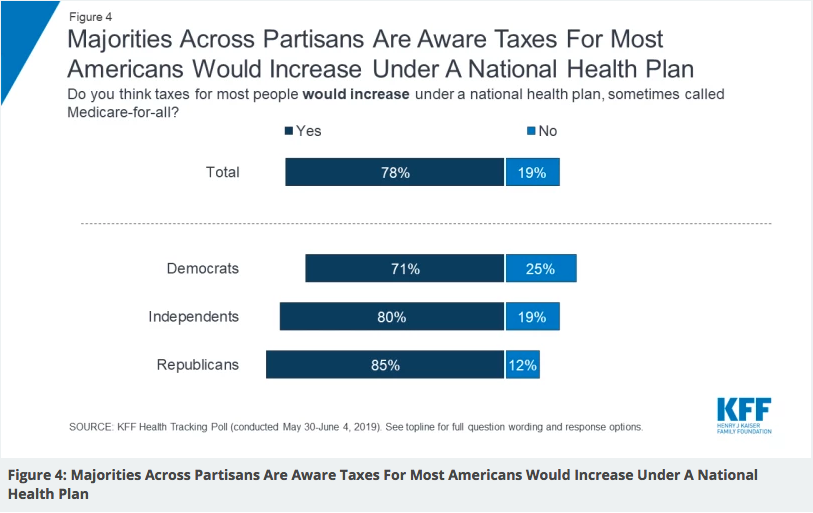
It is true that under the “Medicare-for-all” proposals that taxes would increase for most Americans to fund the nationalization of the health care system. However, 25% of Democrats don’t believe that taxes would increase while only 12% of Republicans don’t think taxes would increase.
Next, respondents were asked about the role of private health insurance companies under a “Medicare-for-all” system. Under the most popular single-payer proposals, private health insurance would play an extremely minimal role if not be outlaws all together. Yet across the partisan spectrum, 40% of Americans believe that there would still be a role for private health insurance companies.
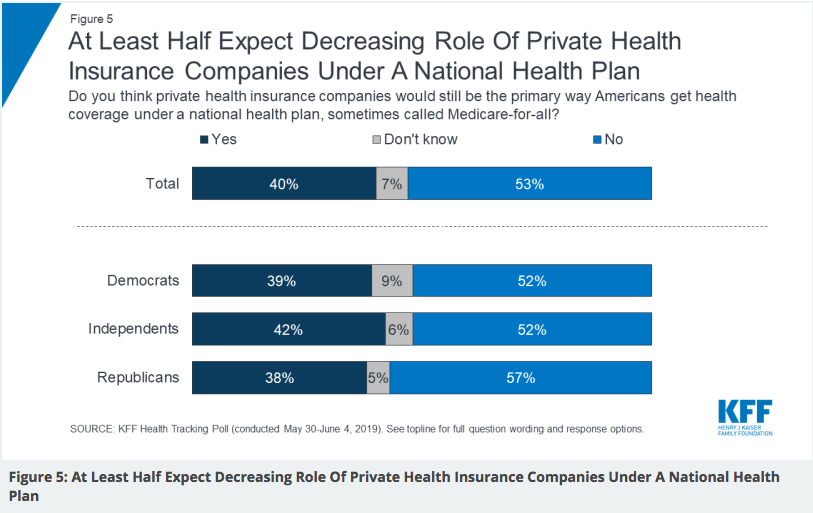
Now on to other aspects of a national health plan. Sizable numbers of people don’t believe that many core functions of the current health care system would change.
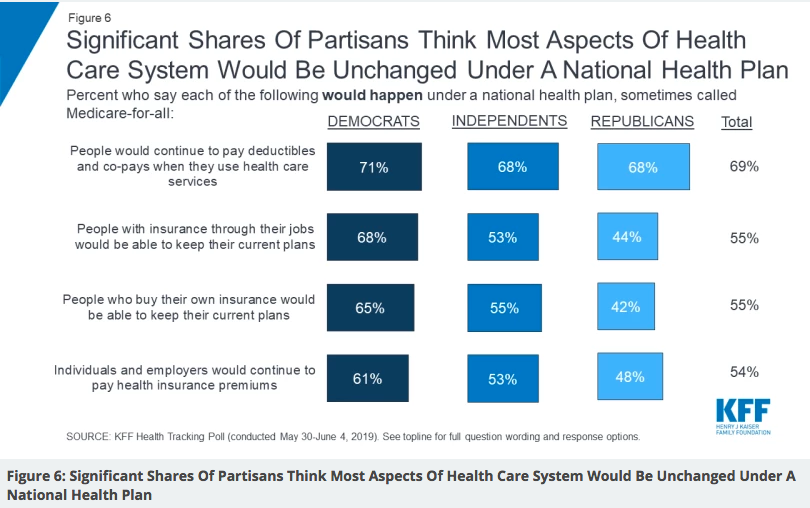
There would be no more premiums, deductibles, and copays under a “Medicare-for-all” system, which most Americans would probably like to hear. Yet across the political spectrum, 69% of Americans believe patients would still pay deductibles and copays and 54% believe premiums would still be paid. Eliminating these cost-sharing aspects of health insurance would be made up with new taxes. Shielding patients from costs like this would likely increase moral hazard involved with health insurance and lead to overconsumption. Additionally, 68% of Democrats compared to just 44% of Republicans wrongly believe that people with insurance through their jobs would be able to keep their plans. In the same vein, 65% of Democrats compared to 42% of Republicans wrongly believe that people who buy their own insurance would get to keep their current plans.
Transitioning to a single-payer system would be disruptive, costly, and a massive change for most Americans. However, I don’t think the U.S. is making this transition any time soon. I wrote some thoughts about the skepticism Americans should show towards the promises that single-payer advocates make for how the system would work. Judging by this poll, many Americans do not know the exact details of how such a plan would affect them.
